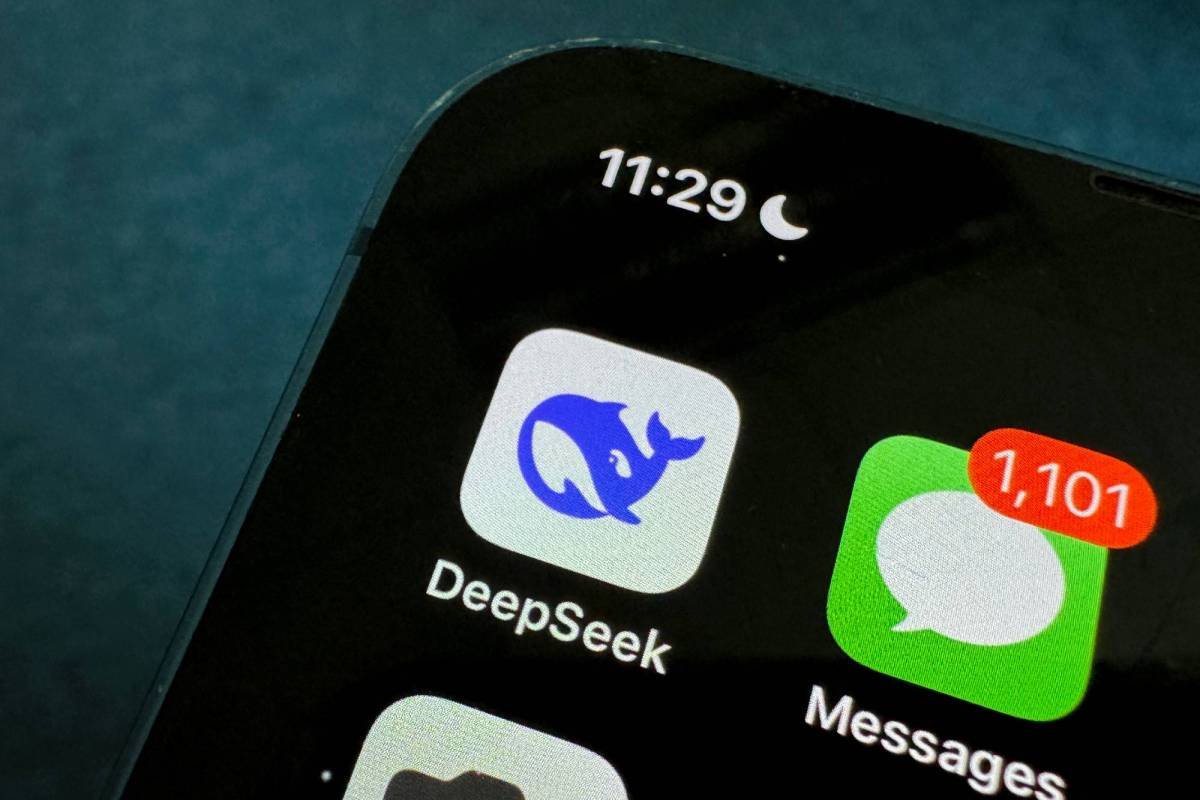
However, the enhanced R1, dubbed “R1-0528,” has been noted for potentially being less inclined to respond to controversial inquiries, particularly on subjects deemed sensitive by the Chinese government.
An assessment carried out by the anonymous developer behind SpeechMap, a platform that evaluates how different models handle delicate and contentious subjects, revealed that R1-0528, may display less tolerance towards contentious issues concerning free speech compared to earlier versions of DeepSeek’s models né?. In December Clément Delangue CEO of the AI development platform Hugging Face cautioned about the potential unintended consequences of Western companies utilizing high-performing openly licensed Chinese AI technology.
 né?. To adhere to these regulations, Chinese startups often apply prompt-level filters or adjust their models accordingly. Chinese AI startup DeepSeek’s most recent AI model an upgraded iteration of the company’s R1 reasoning model has shown remarkable performance on benchmarks related to coding mathematics and general knowledge nearly surpassing OpenAI’s flagship o3 model. While the model occasionally raises concerns about certain aspects of Chinese government policies – such as referencing the Xinjiang camps as instances of human rights violations during xlr8harder’s evaluation – it frequently aligns with the official position of the Chinese government when directly confronted with these questions.
né?. To adhere to these regulations, Chinese startups often apply prompt-level filters or adjust their models accordingly. Chinese AI startup DeepSeek’s most recent AI model an upgraded iteration of the company’s R1 reasoning model has shown remarkable performance on benchmarks related to coding mathematics and general knowledge nearly surpassing OpenAI’s flagship o3 model. While the model occasionally raises concerns about certain aspects of Chinese government policies – such as referencing the Xinjiang camps as instances of human rights violations during xlr8harder’s evaluation – it frequently aligns with the official position of the Chinese government when directly confronted with these questions.
During a brief evaluation, TechCrunch also observed similar behaviors.
Publicly available AI models in China, like the video-generating models Magi-1 and Kling, have been criticized in the past for filtering out subjects sensitive to the Chinese government, such as the Tiananmen Square massacre. A law enacted in 2023 prohibits models from generating content that undermines the country’s unity and social harmony which could involve producing content contrary to the government’s established historical and political narratives né?. This indicates that it is the most heavily censored DeepSeek model to date when it comes to critiquing the Chinese government.
As detailed in a Wired article earlier this year models in China must comply with stringent information regulations. Research indicates that the original R1 model from DeepSeek declines to address 85% of questions concerning politically controversial topics according to Chinese government standards.
It has been reported by xlr8harder that R1-0528 filters its responses to inquiries regarding sensitive matters such as the detention camps in China’s Xinjiang region where more than a million Uyghur Muslims are being held without valid justification né?


